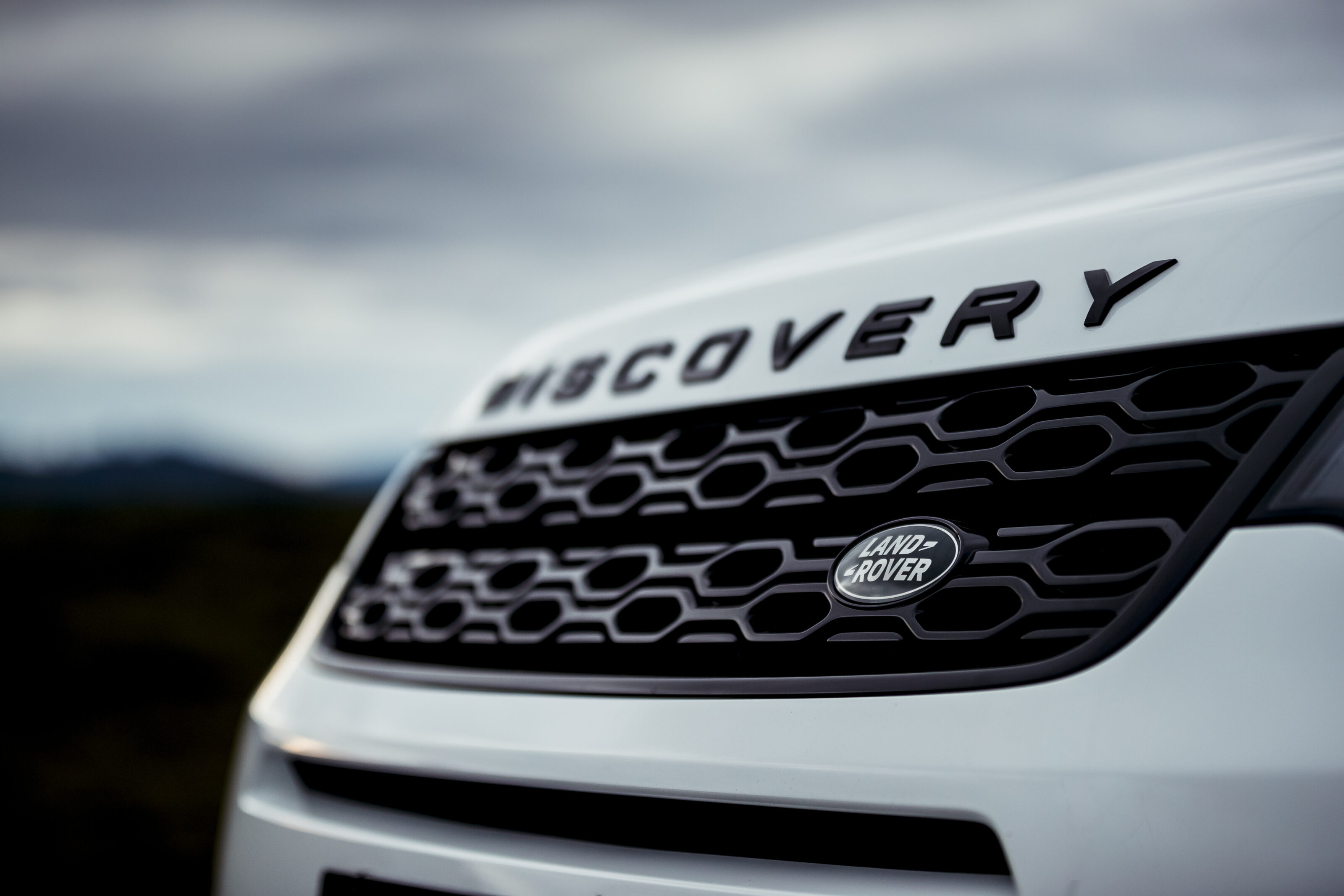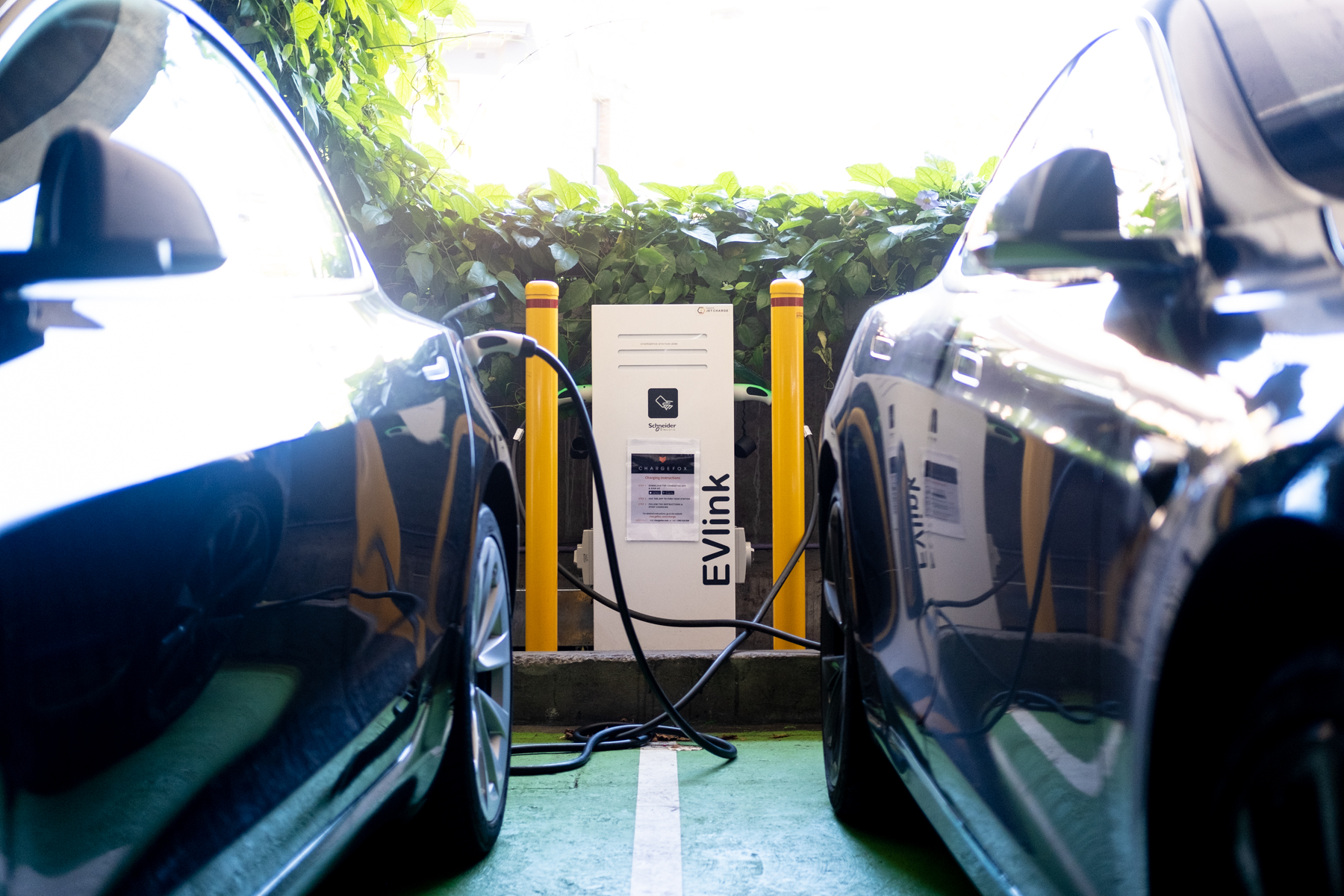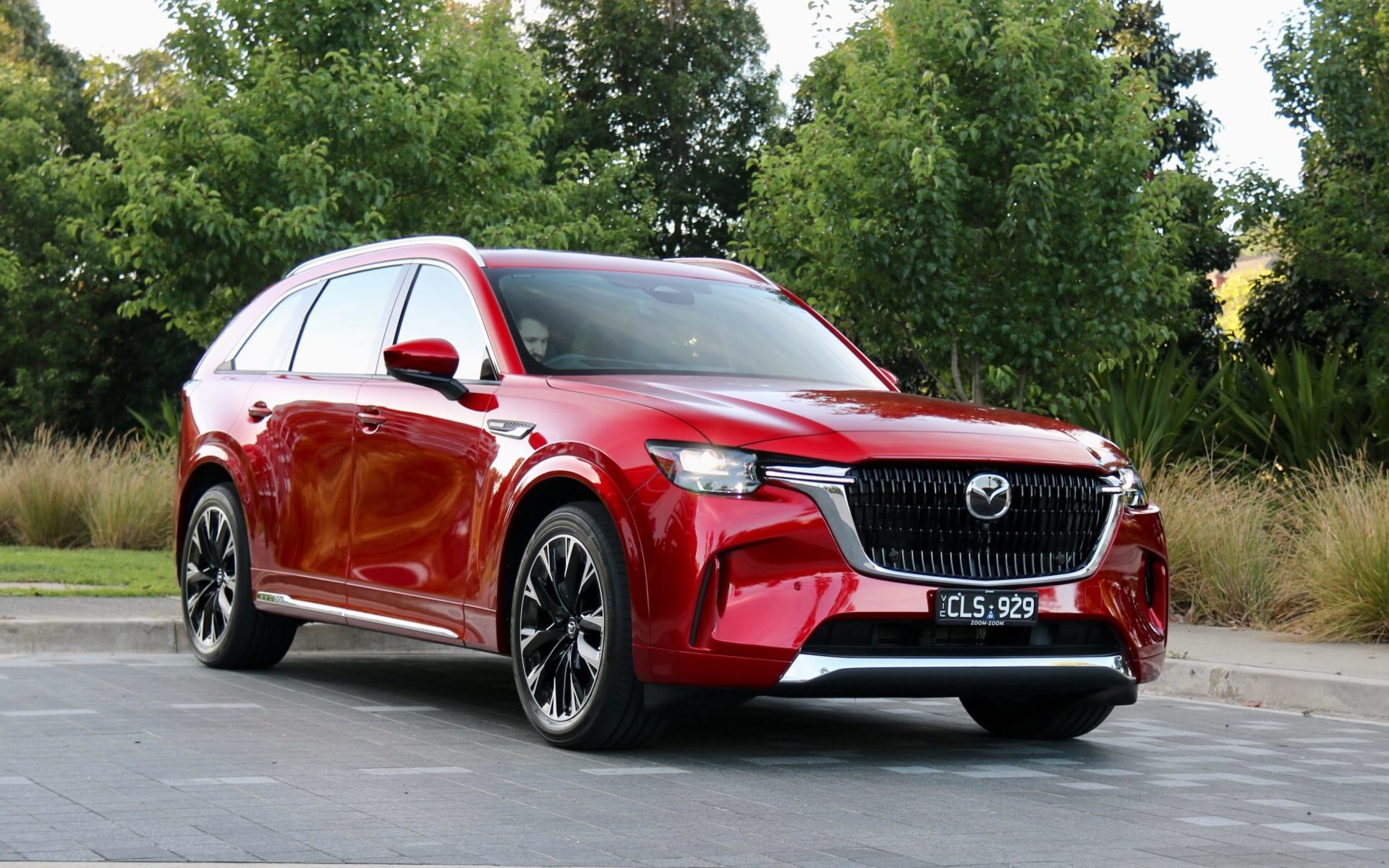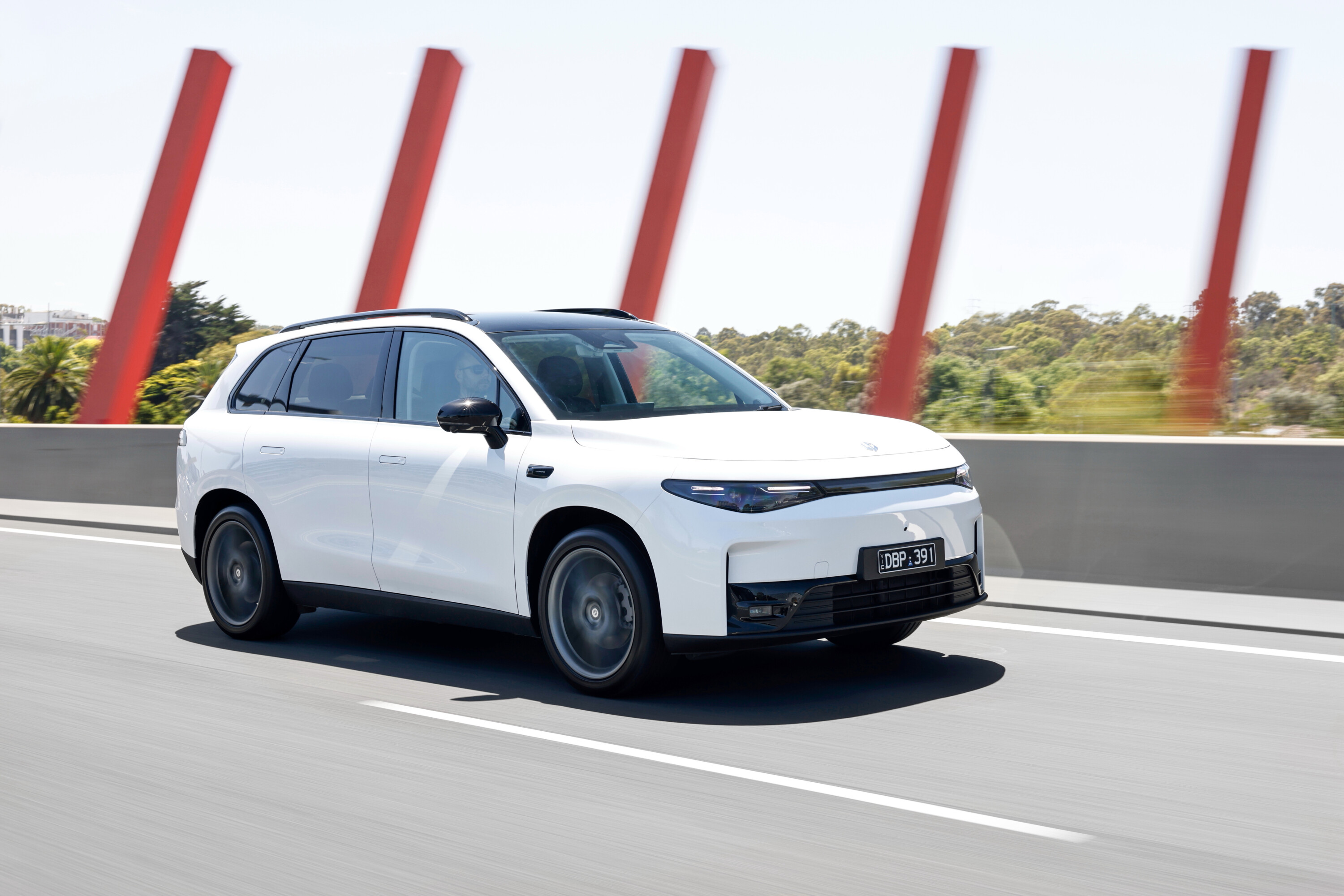Key Points
- Worldwide sales down 12.8 per cent from 2021
- Revenue of u00a33.9bn resulted in a loss of u00a3302m
- More than 125,000 units on order worldwide
Jaguar Land Rover’s tough 2021 continues, as parts shortages have led to the group posting a major second-quarter loss.
The Tata-owned firm recorded a pre-tax loss of £302 million (AU$554m) for the quarter, having taken in revenue of £3.9 billion (AU$7.15bn) over the period.
While last year was affected by COVID-induced shutdowns across Europe, Jaguar Land Rover’s biggest hinderance in 2021 has been semiconductor supply – as is evident from its drop in profits of £65m (AU$119m) compared to the same point 12 months ago.
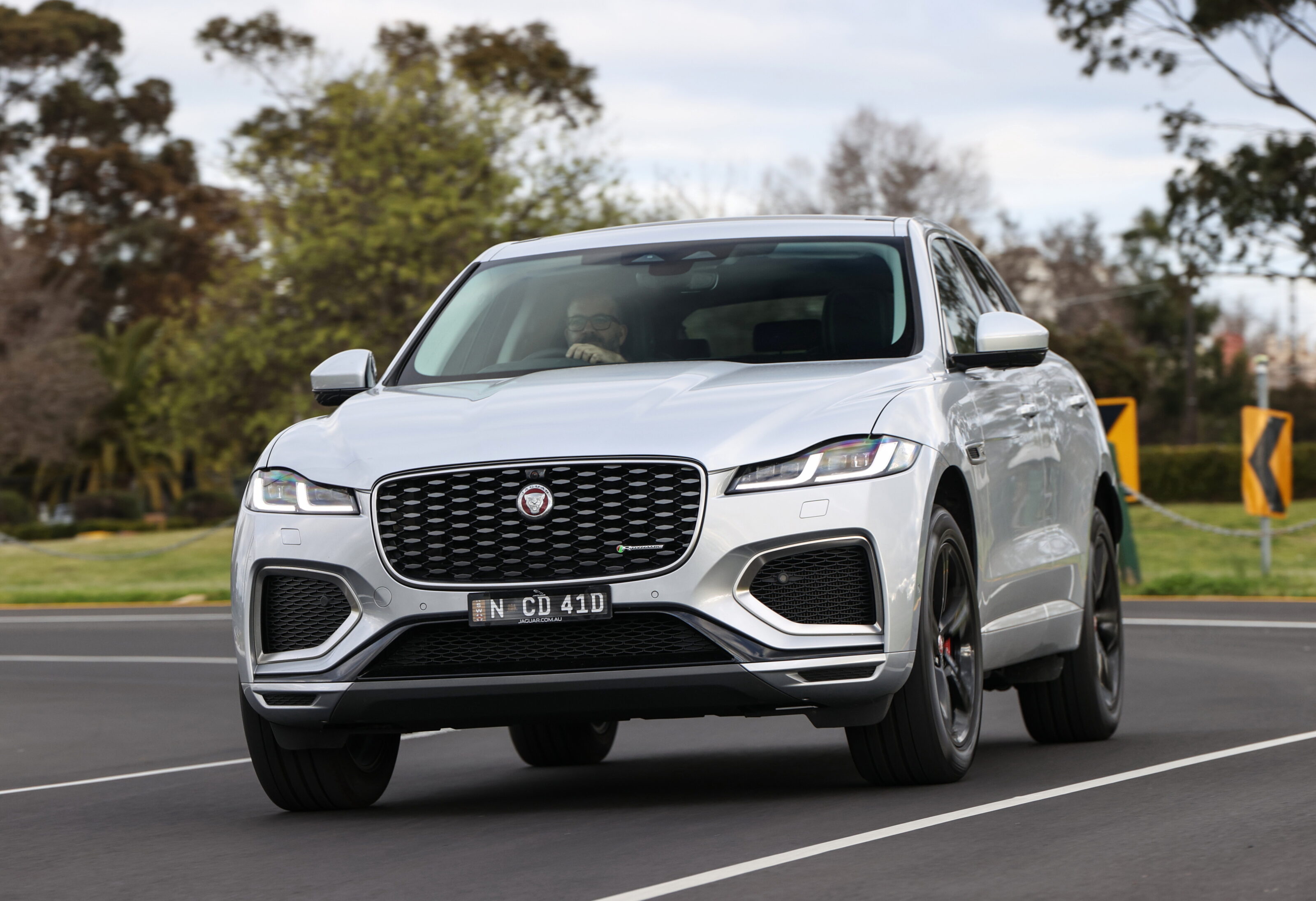
Highlighting the depth of the issue, JLR’s wholesale to dealers has dropped by 12.8 per cent year-on-year to 64,032 units worldwide – with retail sales, including its joint venture with China, dipping by 18.4 per cent to 92,710.
Thierry Bollore, Jaguar Land Rover’s Chief Executive Officer, said the situation was better than it otherwise could have been, with free cash outflow at £664m (AU$1.2bn) rather than the projected £1bn (£1.83bn).
“The global semiconductor shortage remains challenging, but I’m pleased to see the actions we have been implementing reduce the impact,” said Bollore.
“With strong customer demand with a record order book we are well placed to return to strong financial performance as semiconductor supply begins to improve.
“At the same time, we continue to execute our Reimagine strategy to realise the full potential of the business and create the next generation of the most desirable luxury vehicles for the most discerning of customers – starting with the stunning new Range Rover.”
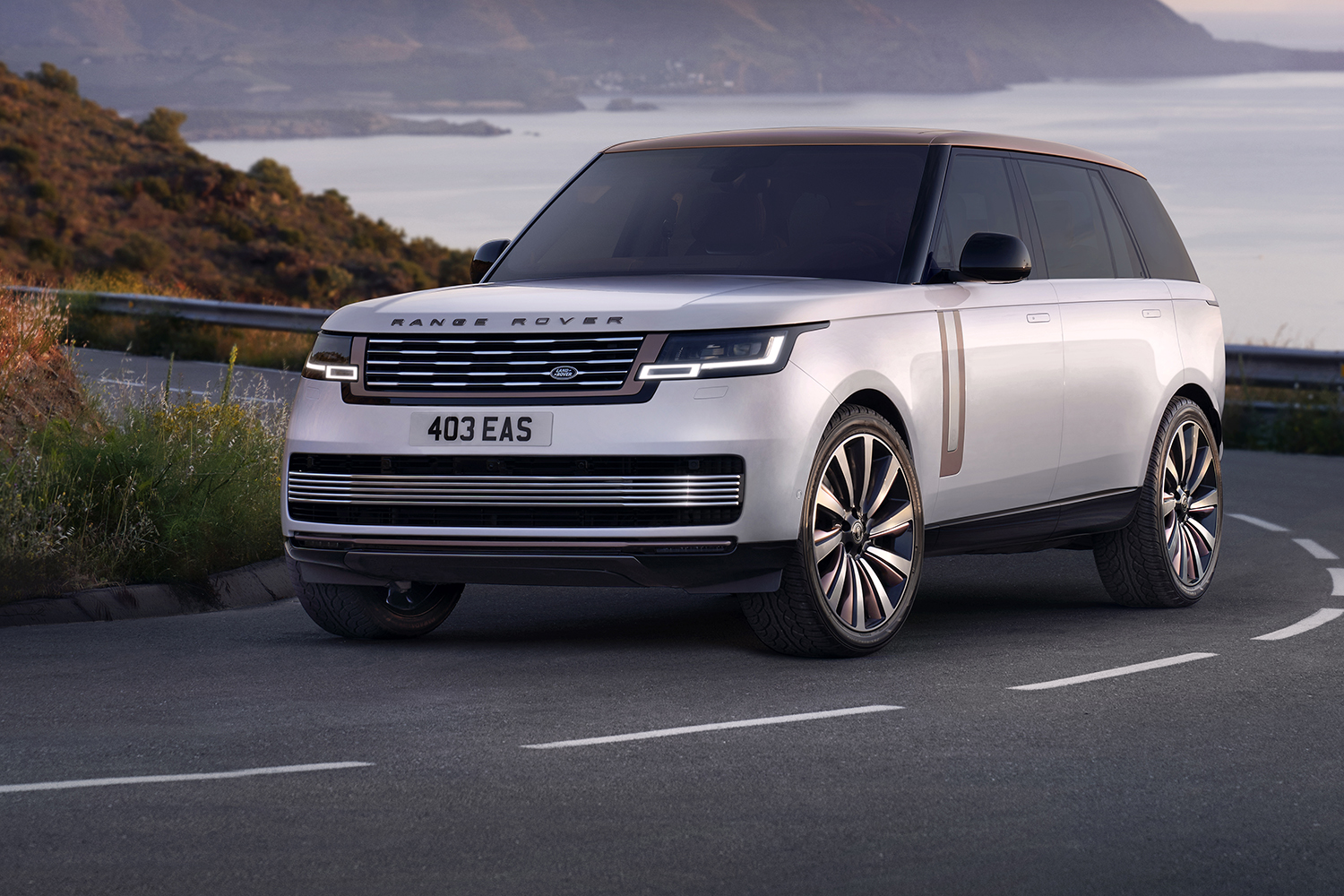
Land Rover’s optimism comes thanks to its order books, which stand at 125,000 units currently on order globally, echoing the Australian arm’s positivity at a semiconductor supply update earlier this year.
With the fifth-generation Range Rover set to launch locally next year, JLR will be looking to capitalise on the performance of its hybrid and fully-electric model across each brand – as MEV, PHEV and BEV vehicles make up 66 per cent of worldwide sales.
We recommend
-
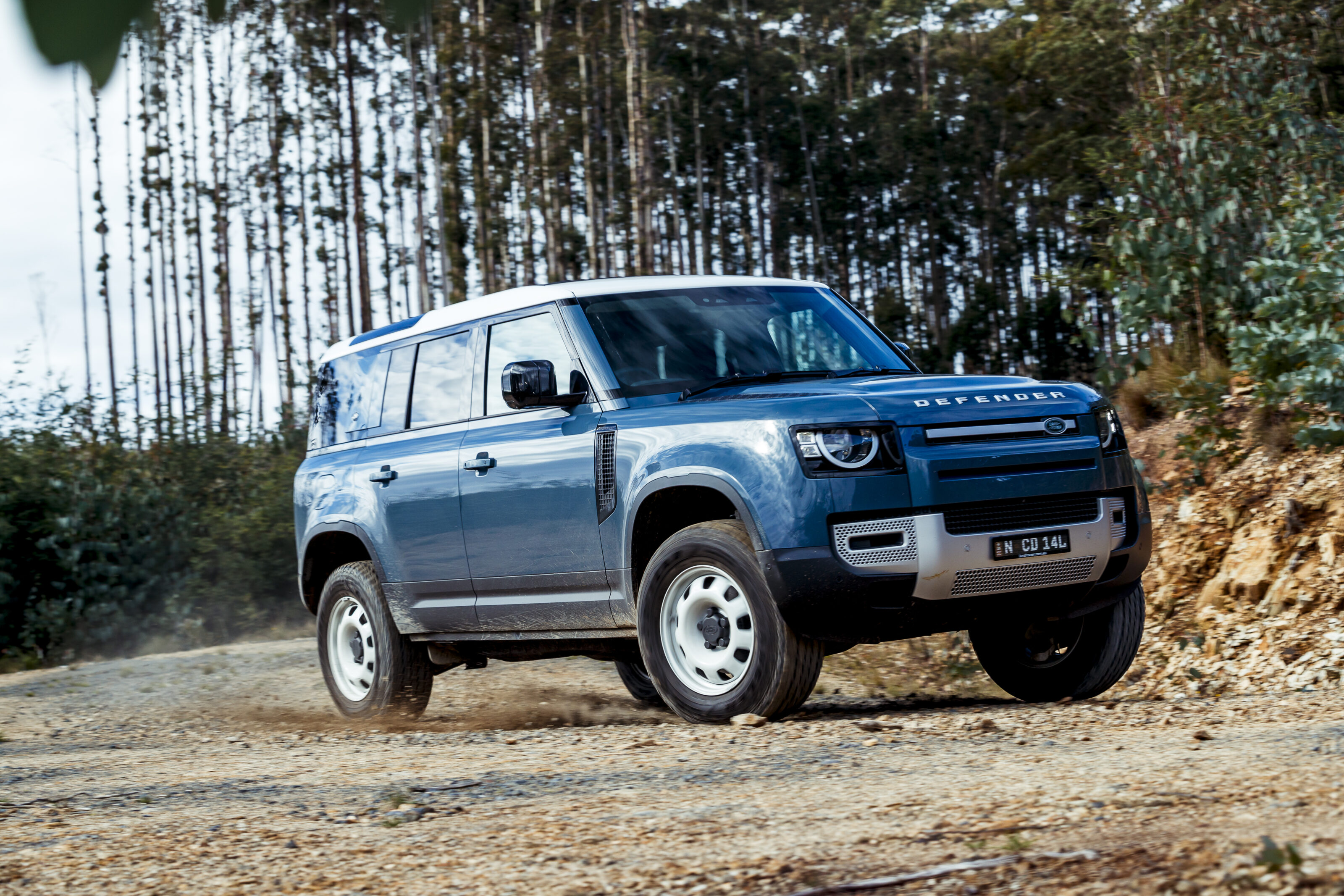 News
NewsJaguar Land Rover Australia expects stock delays despite strong bounceback in 2021
A solid opening half of the year may be followed by problems as JLR faces stock shortages worldwide
-
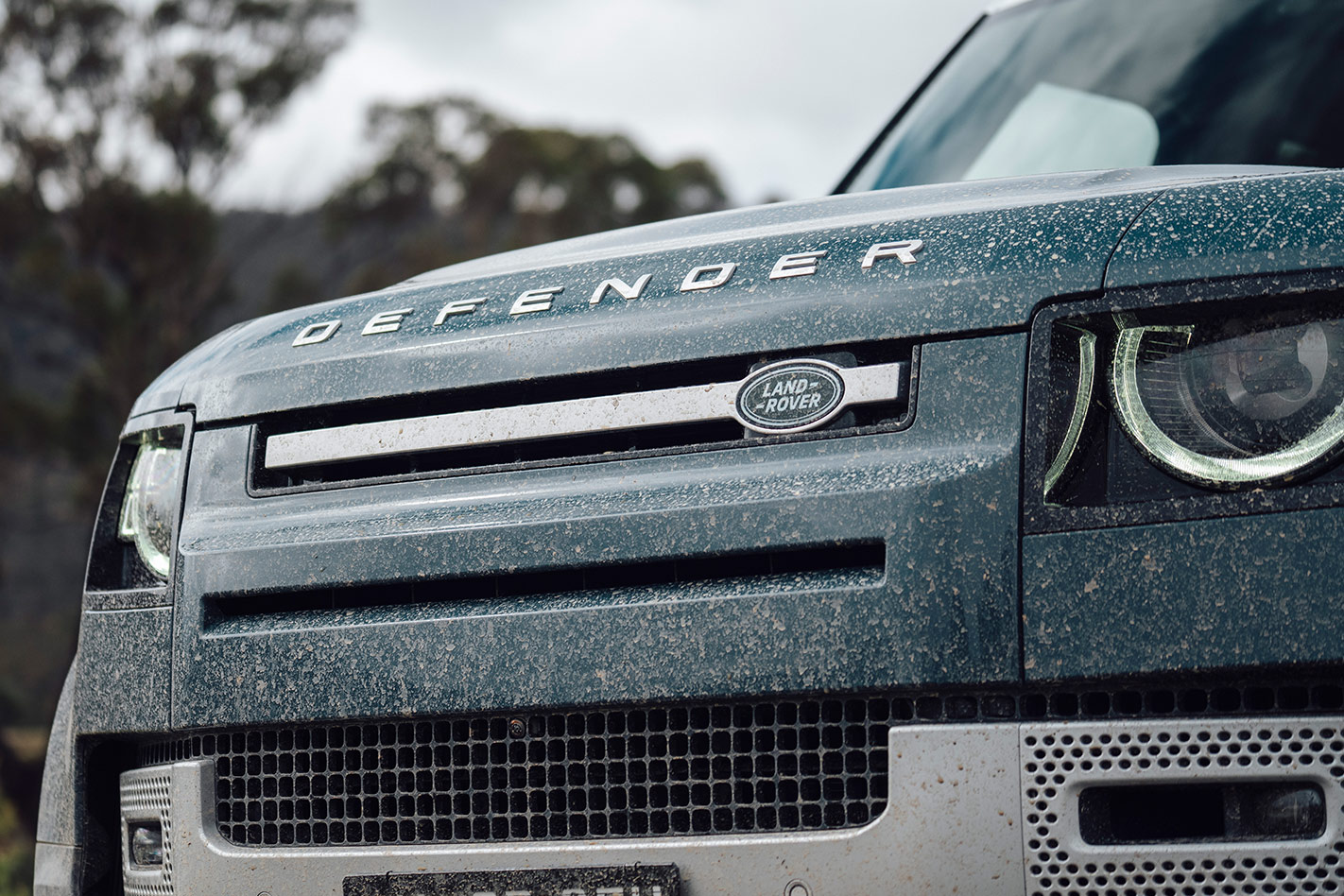 News
NewsBeyond 2025: Land Rover’s expansion plans
As electrification begins, the British carmaker is eyeing a bigger slice of the new-car pie


